5 Questions With Nashville Mayor David Briley
Briley, who is up for re-election next month, talks about major property-related issues—from affordable housing to Opportunity Zones—facing the booming southern city.
Nashville Mayor David Briley assumed office in May 2018 after winning a special election following the resignation of former Mayor Megan Barry earlier in the year. He faces nine challengers in the mayoral race, which will be decided at an Aug. 1 vote. Before becoming mayor, he served as Nashville’s vice mayor from 2015 to 2018 and as an at-large member on the Nashville-Davidson Metro Council from 1999 to 2007. He has deep roots in the Tennessee capital—Briley’s grandfather, Beverly Briley, was the mayor of Nashville from 1963 to 1975.
We asked him about the initiatives the city is taking to create affordable housing, whether he will look to increase public transit options, what the growing city will do to keep up with infrastructure needs and what impact Opportunity Zones could have on the growing metro.
You’re running for re-election right now—where does housing rank in terms of your platform?
Creating more affordable housing so that people who already live in our city can stay in their neighborhoods and live near their work is one of my top priorities as mayor. It’s why I launched my Under One Roof 2029 plan this spring, which will spur the creation of at least 10,000 new affordable units over the next decade by leveraging public and private dollars.
What’s been developed so far? And given the growth of Nashville, do you think that number of units will need to eventually be expanded?
The Under One Roof 2029 initiative is actually a $750 million initiative as we are going to leverage $250M from the private sector to help address our city’s housing needs. We are confident we can do this because we already have many private-sector partners here in Nashville that are committed to addressing our affordable housing needs with us. Recent examples of our collaboration with the private sector include the Curb Victory Hall development, which is providing 37 units of housing for veterans experiencing homelessness, and Dominium’s $64 million Highland Ridge project, which will create 261 units of affordable housing.
The first two projects of UOR were recently announced: Randee Rogers Apartments will be a 100-unit apartment complex for mixed-income residents. The project will include 50 “deeply affordable”/subsidized units (MDHA will leverage federal housing funds to subsidize the rent for these units), 25 workforce units and 25 market-rate units. An additional 40 townhomes will be constructed at Cayce Place in East Nashville. Red Oak Townhomes will be added to the Envision Cayce project on the site. It will include 25 “deeply affordable”/subsidized units, which are set aside for Cayce Place residents; seven workforce; and eight market-rate units.
There is great momentum in Nashville right now on the affordable housing front. In fact, Kirkland Place Apartments, the mixed-income development where I announced Under One Roof, will have its grand opening on July 16. We are making quality, steady progress on this issue, and I know it will continue as we move forward together as a city.
The Let’s Move Nashville referendum, which would have funded the construction of a mass transit system including light rail and rapid bus lines, was defeated in a vote last year. Will you seek to try again with expanding public transit in Nashville?
Yes, but I don’t believe we need to spend our time on another plan right now. I am already working with our state partners to get transit on Dickerson Pike, a high-traffic corridor for people getting in and out of Nashville. I want to build something so that people in our city can see the tangible benefits of transit. I believe that is the first step, not another referendum. My administration is also currently working with TDOT to create more smart corridors to move people on our state roads faster and more reliably.
I’ve been engaged in conversations with our Airport Authority and the Music City Convention Center Authority about delivering new transit options between the airport and downtown. WeGo, our city’s public transportation department, is in the process of analyzing how to reconfigure routes to achieve greater frequencies on our busiest corridors while making its services more accessible to more people.
The Opportunity Zone program has gotten a lot of attention within the development community. What kind of impact do you think the program will have on Nashville?
This a relatively new program in our city that developers are currently looking at and evaluating how to best leverage it and how to best work with communities to maximize its positive impacts.
At the ULI Spring Conference in Nashville earlier this year, there was some concern among industry leaders about how the city’s infrastructure will keep up with the rapid pace of growth over the next five to 10 years. How would you address this?
Certainly, continuing to invest in our city’s infrastructure is going to be a top priority moving forward. In my last capital spending plan, I allocated more than $100 million to our Public Works department for road repairs, paving, sidewalks and more. I will continue to invest significantly to keep our city’s infrastructure on pace with our growth.

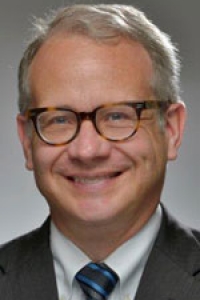

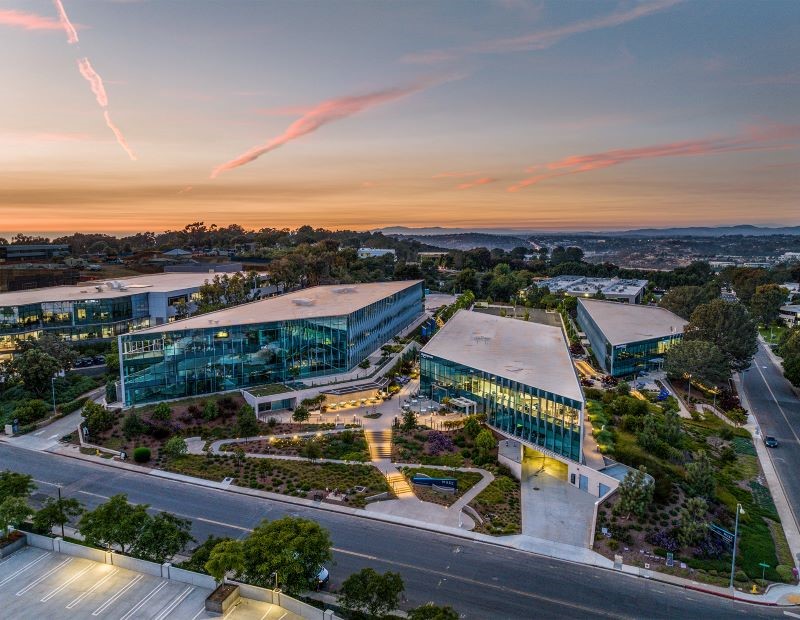
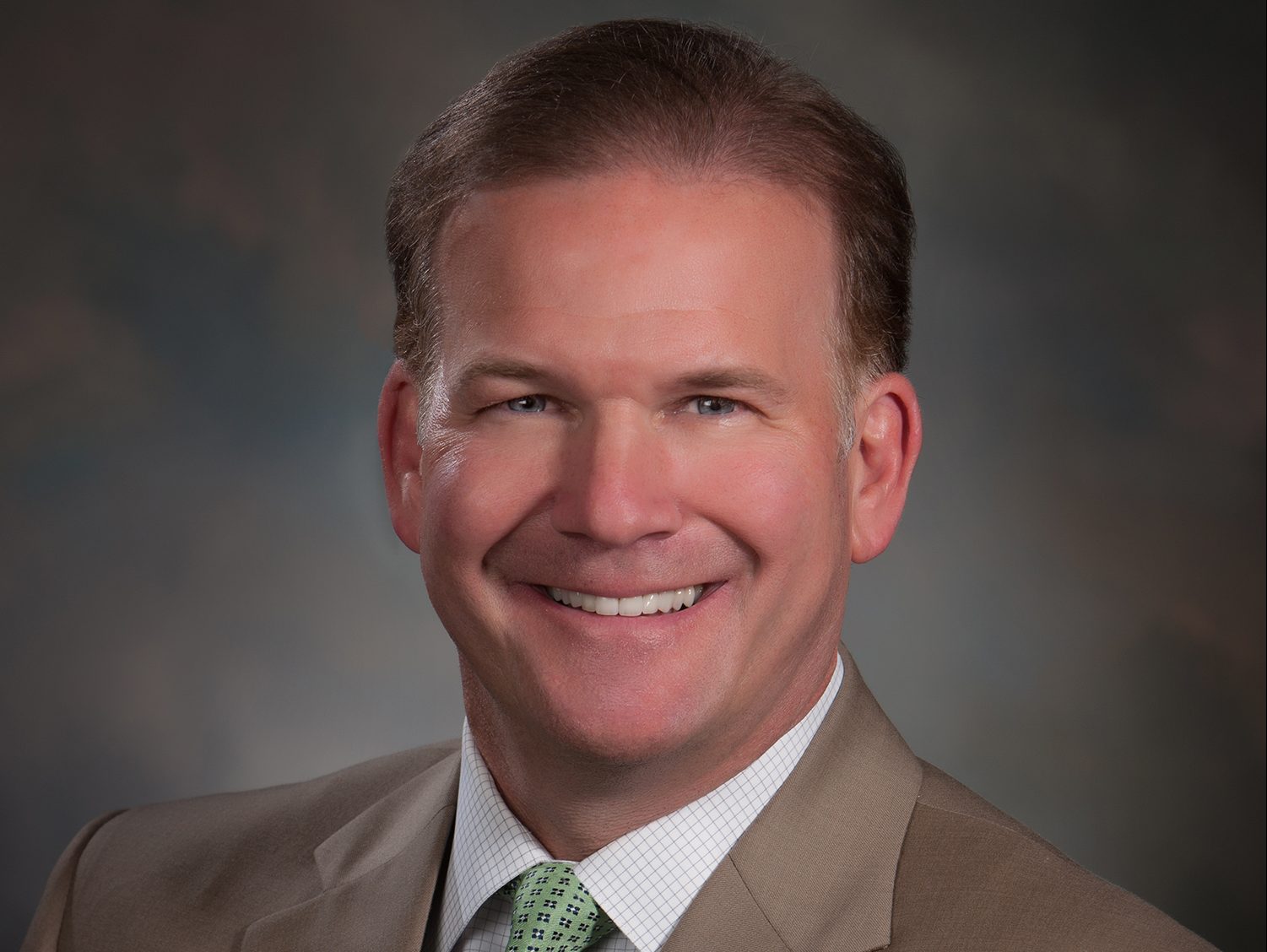
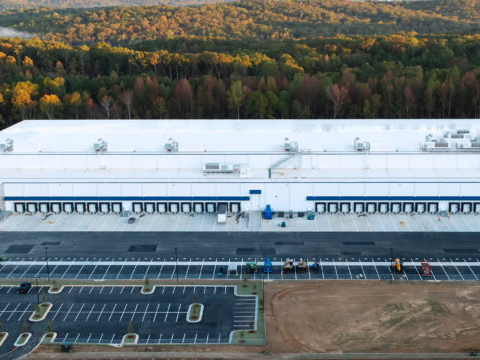
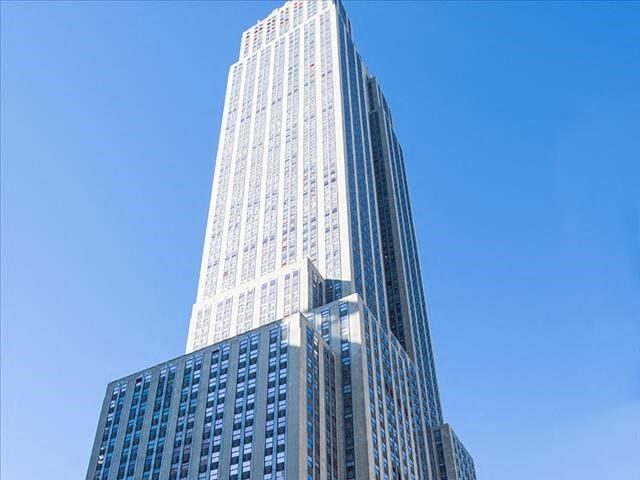
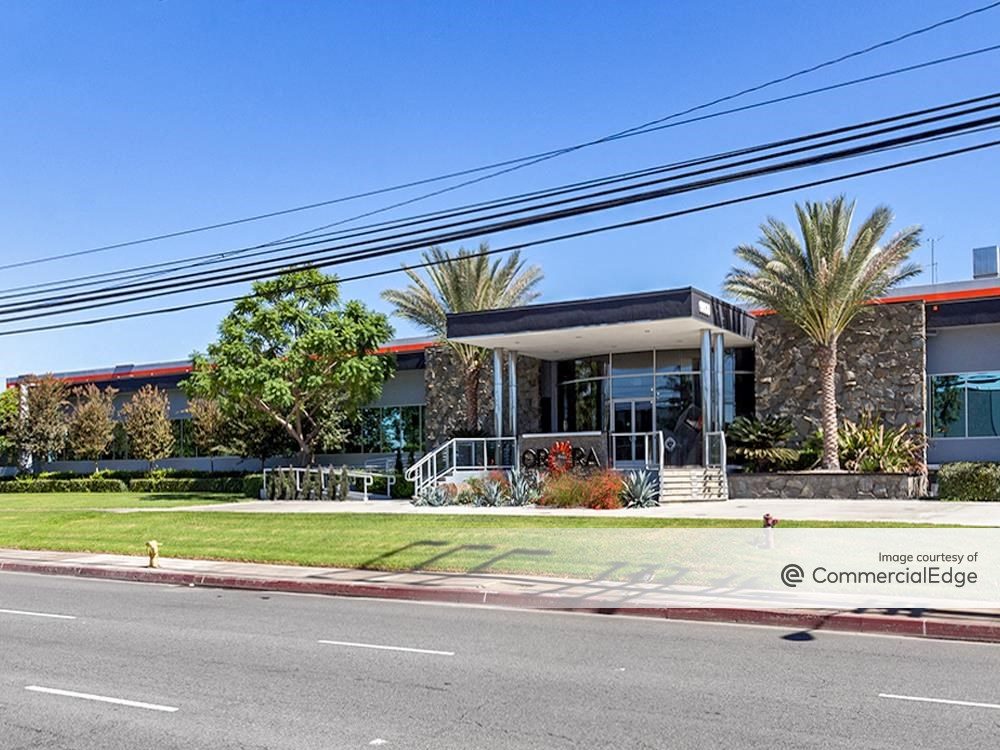
You must be logged in to post a comment.